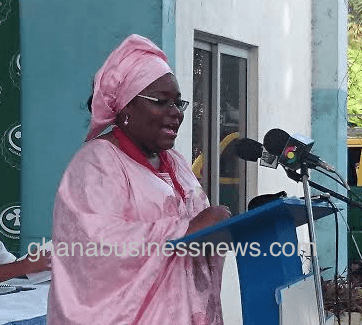

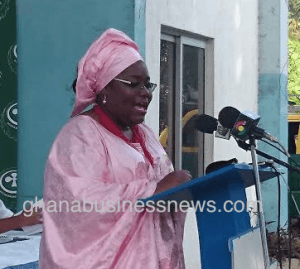
Nana Oye Bampoe Addo, Deputy Chief of Staff, on Wednesday rallied state and non-state actors to urgently rethink and strengthen domestic resource mobilisation as the foundation for Ghana’s long-term development.
She warned that an overreliance on dwindling donor assistance was no longer sustainable.
Opening the 2025 Ghana Philanthropy Conference (GPC25) in Accra, Madam Addo said Ghana must “look inward” and build strong, well-aligned partnerships among government, civil society, private sector institutions, and philanthropic actors.
This, she added, would sustain national development programmes without depending on unpredictable external support.
As Ghana navigates a new era where foreign aid is no longer guaranteed, the conference emphasised that sustainable development would depend on how effectively the country mobilised, managed, and aligned its own resources.
The Deputy Chief of Staff commended STAR–Ghana Foundation for its leadership in coordinating local resources that have kept several civil society initiatives operational over the years.
“You have done a lot in terms of philanthropy and mobilising resources…ensuring that funds are available to implement key programmes,” she said.
Madam Addo said domestic resource mobilisation had become “the single most important determinant” of Ghana’s fiscal sovereignty at a time when global financing conditions were tightening.
Ghana, she noted, must broaden its revenue base, plug leakages, and create enabling legal and policy frameworks that make local philanthropy, impact investment, and innovative financing models thrive.
She outlined government’s use of domestic resources to drive inclusive development through initiatives such as sustained support for Free SHS, free tertiary education for persons with disabilities, removal of registration fees for first-year students, and major youth programmes including Ejumapa and the One Million Coders Project.
But she stressed that Ghana must now build a coherent national philanthropic ecosystem.
Cabinet, she revealed, had approved the establishment of a Governance Advisory Council and initiated processes toward a National Philanthropy Bill.
She pledged her commitment to championing the framework, adding: “We must craft an enabling ecosystem that allows local and national philanthropy to thrive.”
Mr Alex Mould, CEO of the Millennium Development Authority (MiDA), said Ghana had no shortage of committed organisations or innovative ideas, yet their impact remained limited by fragmentation.
What Ghana lacked, he noted, were the systems that bring these actors together in a coordinated manner.
“Money is always available for good proposals that change people’s lives,” he said, and that, “we need accountability, alignment, and systems that ensure government, civil society, and philanthropy run in the same direction.”
He emphasised the importance of catalytic capital and scaling locally proven solutions into national programmes through credible implementation structures.
Mr Mould added that Ghana’s future progress would be shaped by how well institutions strengthened partnerships and sustained long-term actions.
Alhaji Ibrahim-Tanko Amidu, Executive Director of STAR–Ghana Foundation, said GPC25 had become a unifying platform for multiple philanthropic convenings that previously operated in isolation.
The conference, he explained, was designed to chart Ghana’s own development priorities and establish new partnerships that move beyond outdated divides among stakeholders.
“Partnerships are no longer optional,” he said, and that “Civil society, government, private sector and donor partners must work around common issues with mutual accountability.”
He cautioned that Ghana must not pursue domestic resource mobilisation simply because donor support was shrinking but because sustainable development demanded national ownership.
Short-term donor cycles, the Executive Director said, often disrupted progress and forced organisations to chase shifting external priorities.
“Development cannot happen around three-year donor projects. It depends on sustained long-term engagement,” he said.
He also drew attention to emerging global pressures that risked pushing African countries into resource-for-influence transactions, undermining community organisations working at the grassroots.
Dr. Stigmata Tenga, Executive Director of the African Philanthropy Network (APN), said the decline in donor funding across Africa should be viewed not only as a challenge but also as a historic opportunity to reposition domestic and community philanthropy as catalysts for inclusive and locally led development.
She said African governments must recognise philanthropy as a strategic development pillar rather than an ad hoc support mechanism.
Government must recognise philanthropy as a key development strategy so that it can create an enabling environment for philanthropy’s potential to grow in volume,” she said.
The stakeholders agreed that Ghana’s greatest opportunity lay in deliberately harnessing its strong cultural traditions of giving, mutual aid, and community solidarity; values that have for decades filled gaps in public welfare.
However, these contributions remain largely uncoordinated, undocumented, and under-optimised at the national level.
They, therefore, called for the development of a coordinated national philanthropic ecosystem built on digital tools, strong accountability structures, tax incentives, diaspora engagement, and public-private-civil society partnerships.
Source: GNA
The post Repositioning domestic resource mobilisation key to Ghana’s development – Deputy Chief of Staff appeared first on Ghana Business News.
Read Full Story


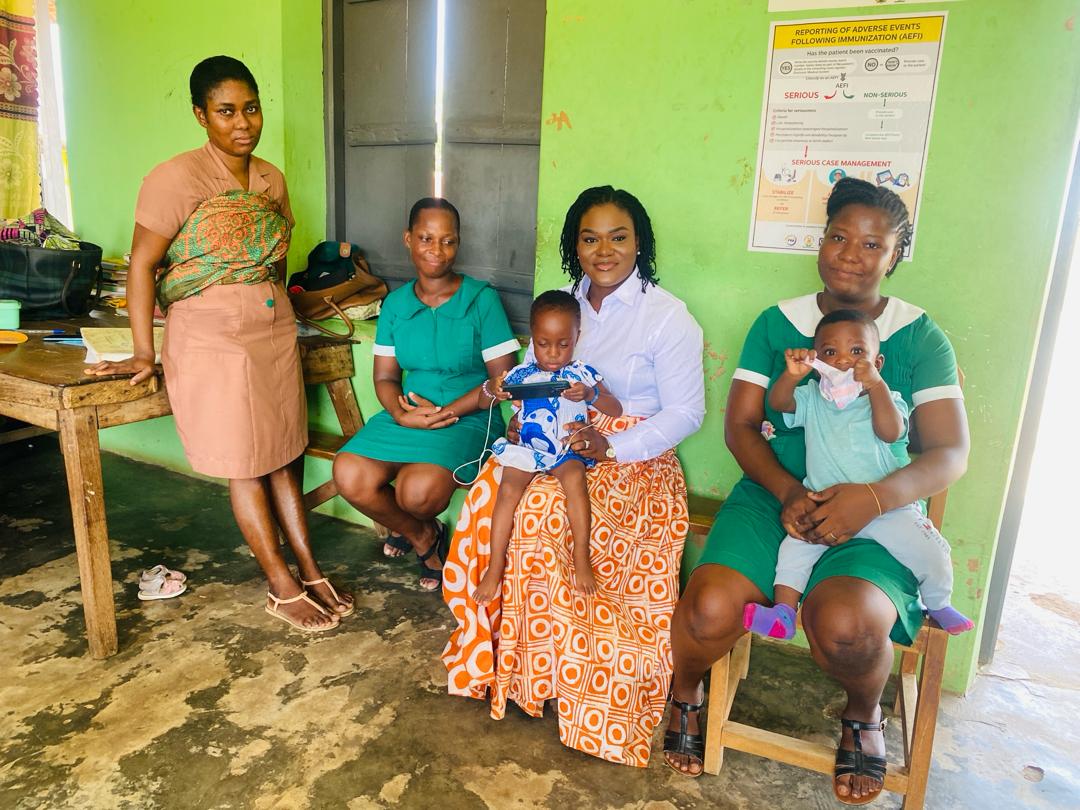
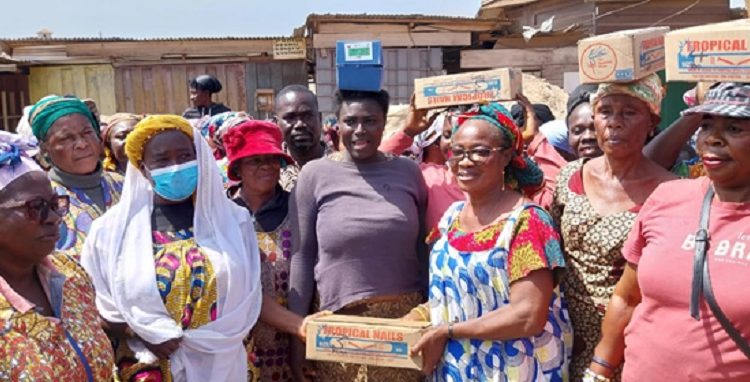
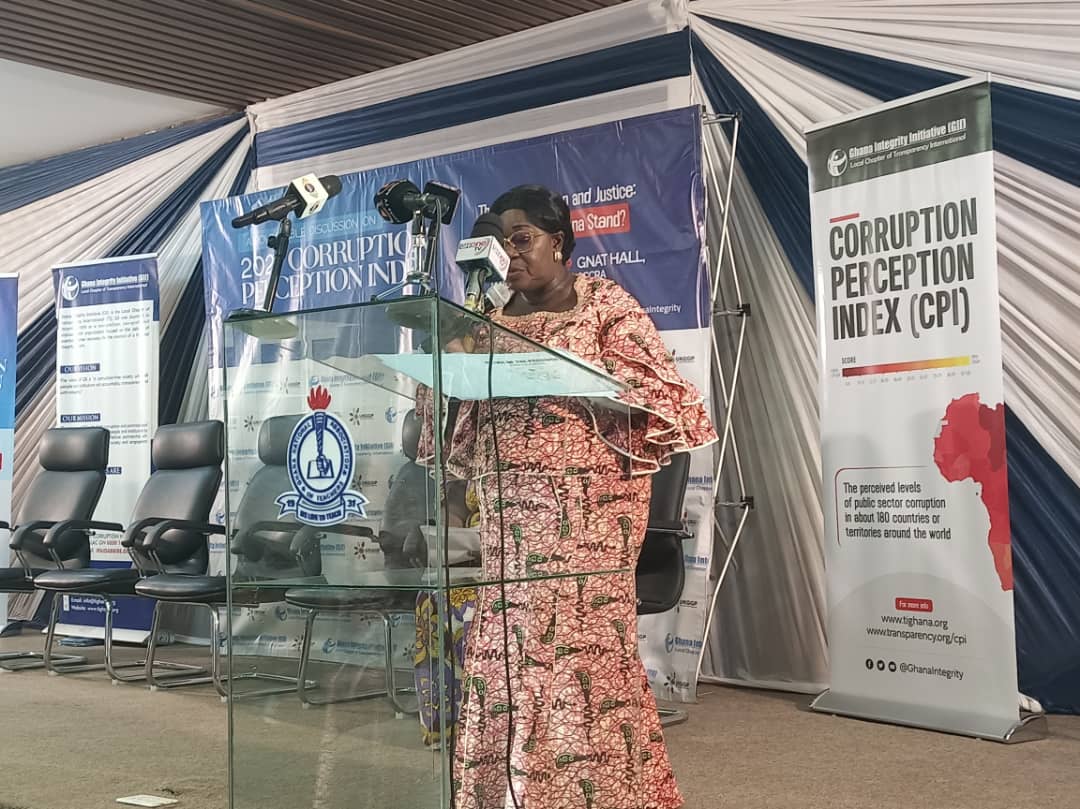

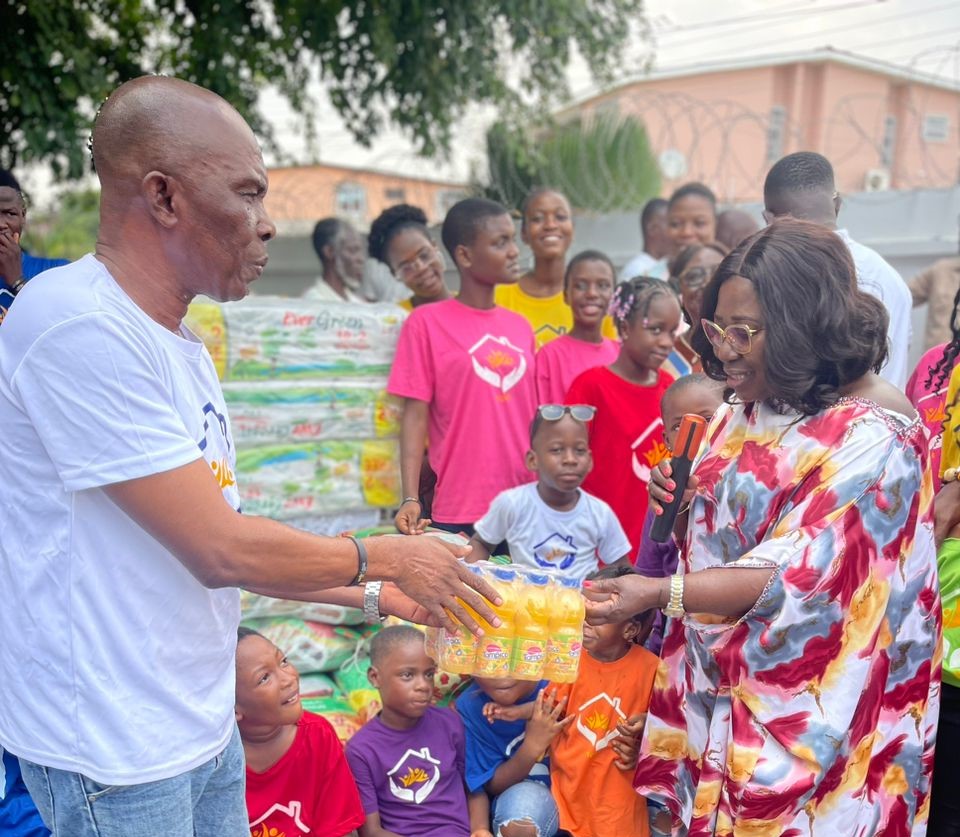
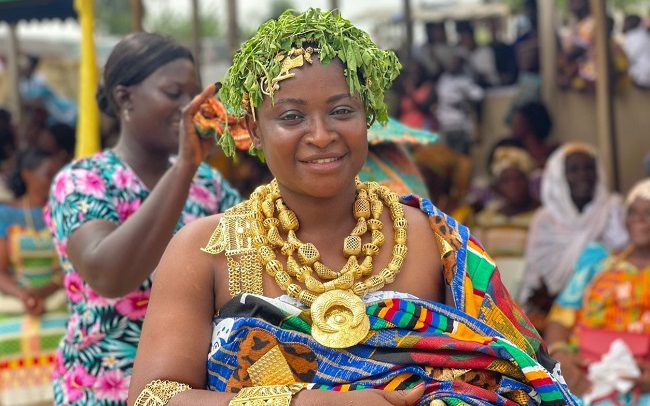

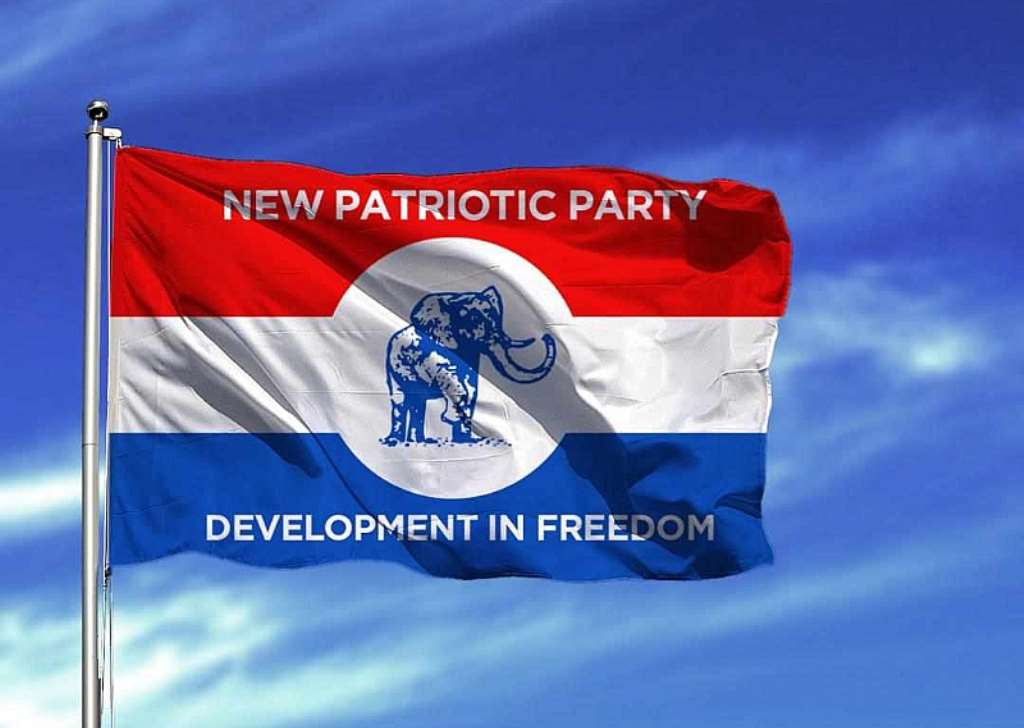
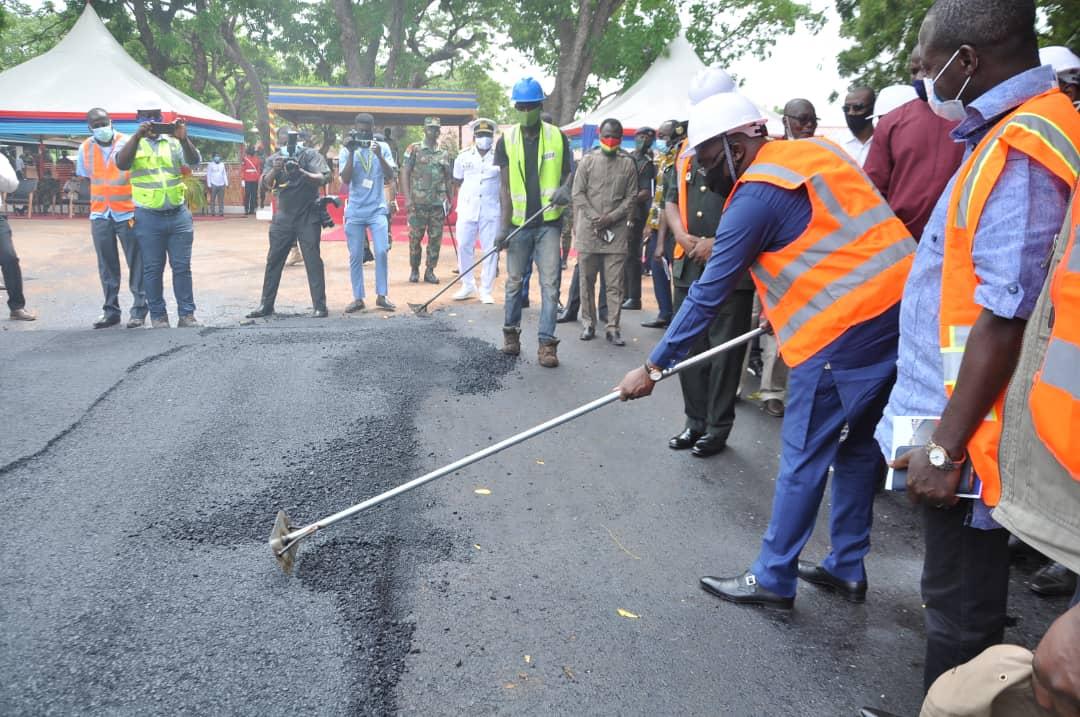













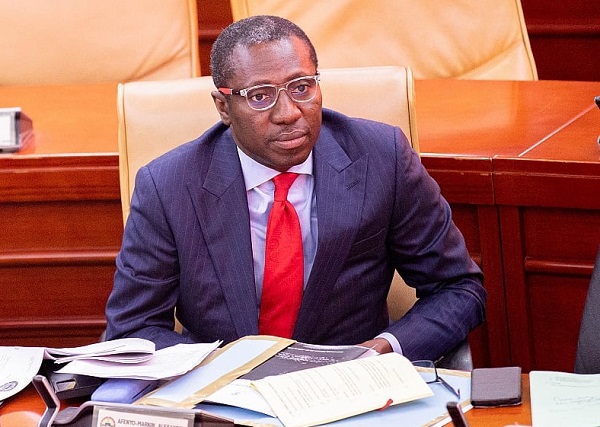
Facebook
Twitter
Pinterest
Instagram
Google+
YouTube
LinkedIn
RSS